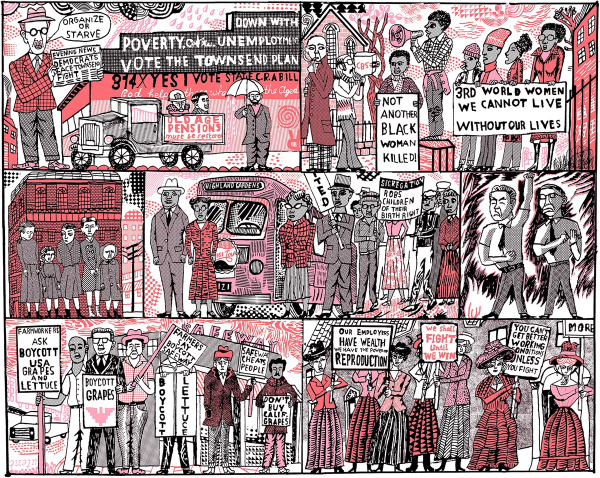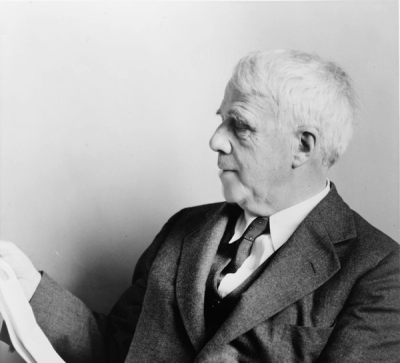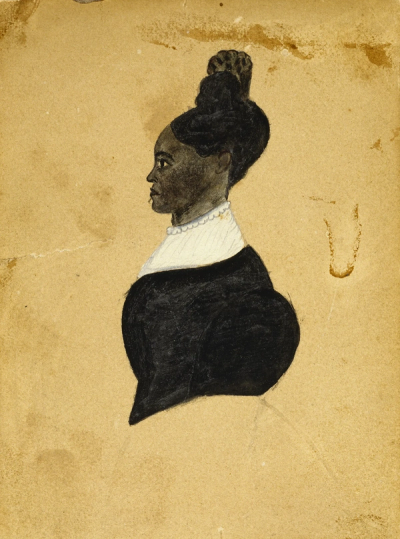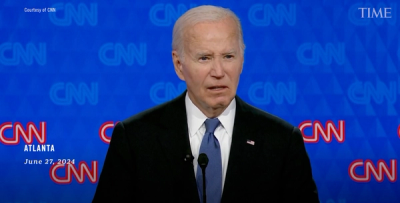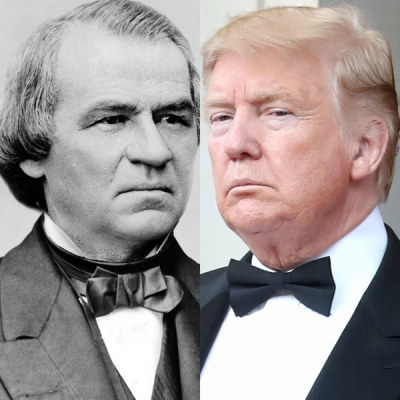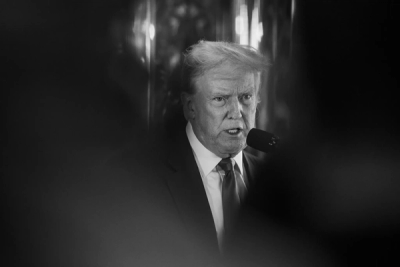
Trump’s Most Dangerous Gift
When a Manhattan jury found Donald J. Trump guilty, it should have sent shock waves through the nation. Yet, though the trial and conviction of a former president was unprecedented in American history, it seems most people couldn’t have cared less.
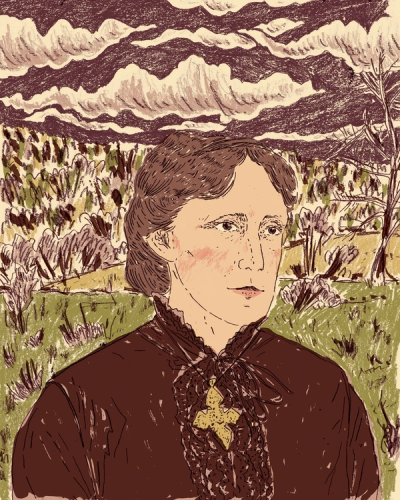
Stifled Rage
For more than a century and a half, Little Women has inspired playwrights, composers, filmmakers, scholars, novelists, and of course countless young girls. Jane Smiley salutes those young girls—she was one of them—in her warmly appreciative preface to A Strange Life, Liz Rosenberg’s slim new collection of Alcott’s essays.
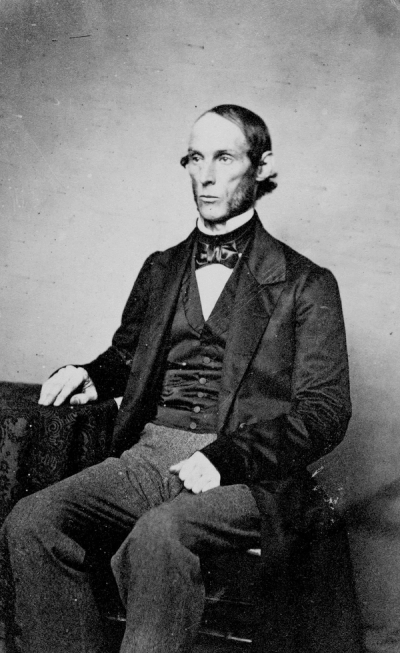
‘The Voice of Unfiltered Spirit’
In the poetry of Jones Very, whom his contemporaries considered “eccentric” and “mad” and who often believed the Holy Spirit was speaking through him, the self is detached from everything by an intoxicated egoism.
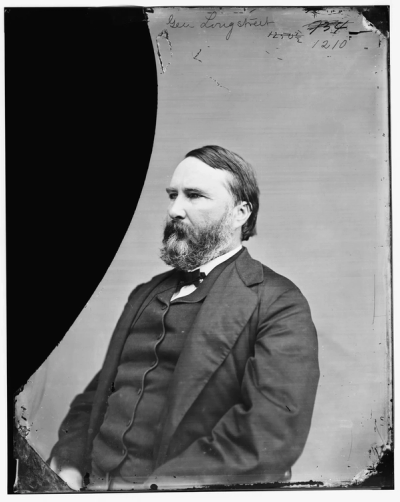
A Political Convert in the Long Shadow of the Civil War
In “Longstreet,” Elizabeth R. Varon dissects the life and legacy of a Confederate general who became a devoted supporter of Reconstruction.
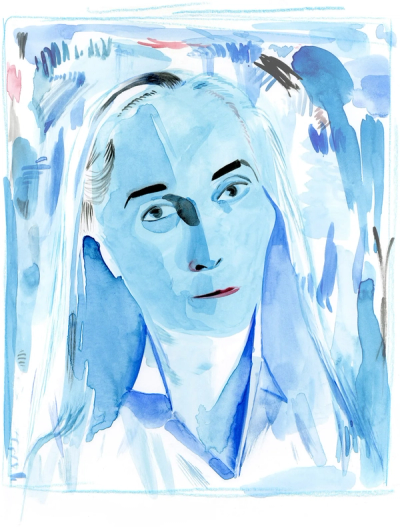
At Odds with Two Worlds
Susanna Moore writes of the past with quiet insight, through the eyes of women who frequently move from a form of innocence to some collision with history.
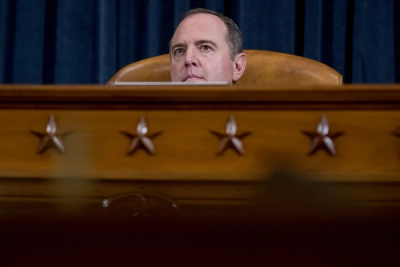
What Was Truly Unprecedented in This Week’s Impeachment Hearings?
It’s easy to call an impeachment “historic,” but what kind of history did we really see this week?
Impeachment: A History Lesson
The framers of the Constitution designed impeachment to remedy peculiar situations for which there were no obvious remedies. And so the impeachment of a sitting president has been and remains uncharted territory.
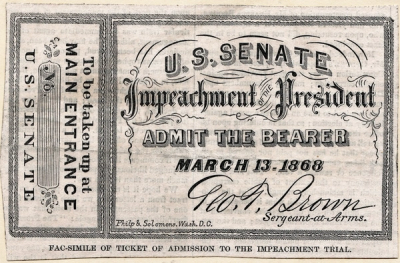
Impeachment is a Form of Hope
When we talk about whether to impeach President Trump, we cite the near impeachment of Richard Nixon or the actual prosecution of Bill Clinton. Oddly, though, we don’t talk much about the first-ever presidential impeachment, which very nearly succeeded in removing Andrew Johnson from office.
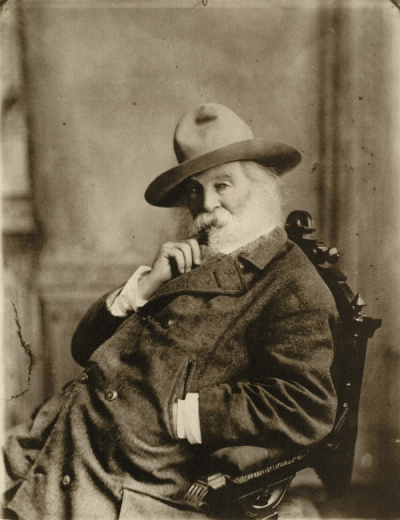
‘I Have Let Whitman Alone’
Here was a poet of the people for the people, without pretension or pomp, who wrote verse that captured everyday speech, both its fluency and its clank. “The best writing,” Whitman would say, “has no lace on its sleeves.”
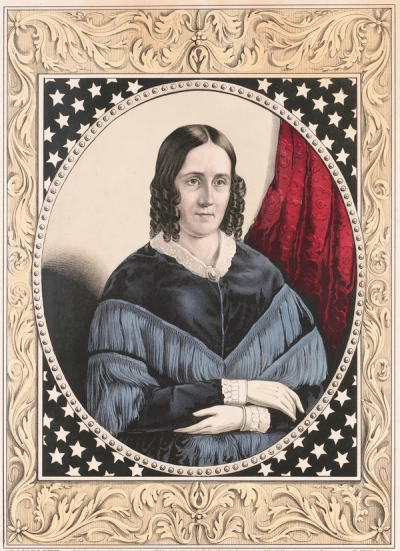
The First Lady Who Begat Phyllis Schlafly, Nancy Reagan and Ivanka Trump?
Amy S. Greenberg, in “Lady First,” her intriguing biography of Polk, thus faces a conundrum: whether a biographer can capture something of a subject’s personality, never mind her inner life, without primary or secondary sources to yield the small, incidental details that add up to a full-fledged portrait.
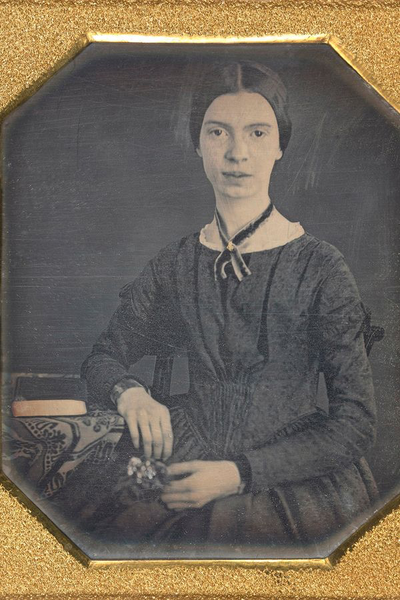
‘After Emily’ Review: The Belles of Amherst
In 1898, 12 years after the death of Emily Dickinson, an intrepid woman named Mabel Loomis Todd (1856-1932) stashed a huge trove of Dickinson manuscripts, including 655 poems, into a camphorwood chest.

The First Lady of the Confederacy Considers Her Painful Past
Americans are hard on their first ladies. We complain that they spend too much money or connive too much and drink too much — or not enough, in the case of Lemonade Lucy Hayes — and they run or ruin their husband’s careers. So in its strange way, history has been kind to Varina Howell Davis mainly because it’s largely forgotten her.
The Right Stuff, a review of The Allure of the Archives
Where Credit is Due: ‘Marmee & Louisa’ and ‘My Heart is Boundless’ (Cover Story)
Mothers and daughters. Let’s consider them — not because we’re intrigued by the eccentricities of women like Big and Little Edie Beale of “Grey Gardens” or the connection between Mary Wollstonecraft and Mary Shelley, but because fathers and daughters have taken up so much space. A case in point is Louisa May Alcott and her several dads, as Eve LaPlante reasonably argues.
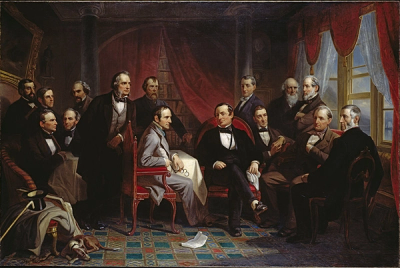
Voices of a Nation
Henry David Thoreau once famously said that Americans lead lives of quiet desperation, that flitting circumstances cause our distraction and that, despite Christianity and candles, we sit in the dark. There, in a nutshell, is the conundrum of the 19th-century American writer who frowned on the country’s aesthetic lassitude, its getting and spending, its fundamental malaise—and yet wanted, above all, to create a language commensurate with a luminous, moral vision of national freedom; what could be more American?
